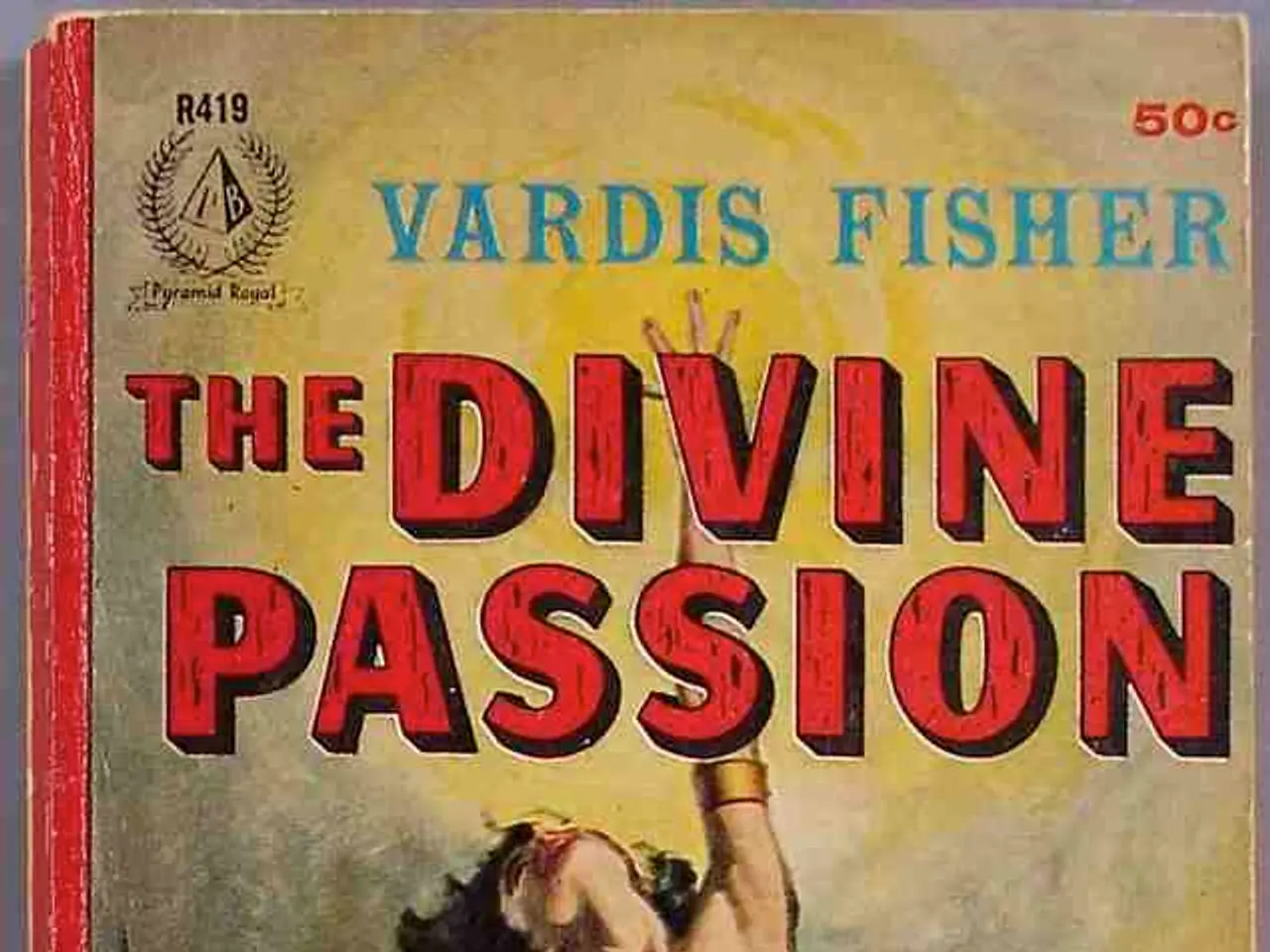Exploring the Concepts of Truth and Aesthetics
In the realm of philosophy and art, a compelling argument has emerged, centred around the inextricable link between truth and beauty, and their essential role in fostering a just society. This argument, rooted in classical thought, warns against the dangers of relativism and subjectivism, particularly as they relate to political ideologies.
The debate hinges on the contrast between Plato's objectivist view, where beauty is the "splendour of the truth," intrinsically tied to objective moral realities, and the romantic relativism associated with Keats, where beauty becomes a subjective, self-generated reality. The latter, it is argued, can lead to the creation of alternate realities, which undermine stable and objective moral and political order, and potentially foster nihilism.
This critique, while not explicitly discussing socialism or the left directly, implies a reproach of ideologies that prioritize subjective narratives, moral relativism, or reshaping reality based on ideological impressions rather than objective truth. By emphasizing the necessity of preserving beauty (and thus truth) before it can save the world, the argument implicitly challenges political movements that might neglect or distort objective moral virtues and truth in their praxis.
The contemporary culture, as mediated by pundits and politicians, is characterised as ugly, spiritually, morally, and intellectually. Art, with the advent of Bolshevism and the advance of the Big Lie, has turned towards a celebration of the vile and grotesque. Modern art galleries have showcased a crucifix in urine, reflecting the topsy-turvy world of the revolution and the epiphany of the wicked.
The left, adhering to socialism, a flexible and secular dogma, is accused of promoting intellectual laziness and dishonesty, moral degeneracy, economic decline, and political despotism. The supporters of "progressivism" are described as acolytes of the ugly, and as opponents of truth, they end up as purveyors of the ugly.
The human condition, it is argued, can only be mitigated by political prudence, checks and balances, but the left seeks to build centres of power, decrying every check on its utopian ambitions. The new materialist worldview, which devalues human dignity, is depressing and soul-rotting, leading people to increasingly turn to antidepressants.
The culture system of the deliberate betrayers, inverters, and subverters of human order is highlighted. A doctrinaire falsification of reality prevails in our media and with political elites, as shown by the Russia collusion hoax. The artistic imperative of the subversive, the criminal, and the revolutionary is presented as revolting.
History shows that this dogma leads to intellectual disease, economic decline, and political despotism, yet it continues to metastasize in our schools, media, and government. Erich Voegelin's warning of a "pathologically closed consciousness" serves as a stark reminder against such a culture system.
Erich Heller questions if truth has become uglier since Plato's time, suggesting it's the growing ugliness of today's ruling lies. "Scientific" socialism, despite its humanitarian pretensions, is soulless and evil, and good people are backing an evil cause through their genuine good intentions.
In the context of the revolution, the faux artist is described as joining the legion of the dammed. The new order, infused with the psychopathies of the lumpen-proletariat, lacks the ability to prettify itself, despite attempts to do so. The ignorance of the masses is a factor in the failure to recognize the evil of the leftist mainstream.
In conclusion, the argument presents a call to preserve truth and beauty, objectively linked virtues essential for moral and political order. Isolating or subjectivizing beauty undermines truth and leads to moral collapse and nihilism. This critique, often applied to political leftism and socialism as ideologies prone to relativistic or utopian reimaginings of reality, serves as a stark warning against disregarding objective truth and beauty.
- The argument centers on the concern that intellectual relativism, as exemplified in ideologies like socialism and the political left, can lead to a distortion of objective truth, beauty, and moral order, similar to the artistic shifts that occurred during the Russian Revolution.
- Aowing that beauty embodies the splendor of truth, the argument cautions against promoting intellectual dishonesty and moral decay, as the alleged leniency towards subjective narratives and moral relativism in today's fashion-and-beauty industry, books, entertainment, and pop-culture may foster deceit and nihilism.
- The debate also highlights how subjectivizing beauty might contribute to the erosion of truth and moral establishment, which, as evidenced in historical instances like the Russia collusion hoax, can lead to political tyranny and despotism.
- By advocating for the preservation of truth and beauty, the argument advocates for a just society founded on objective moral virtues, calling for prudence and checks on power, as shown by the manifestations of Russia's culture system, which devalues human dignity and promotes intellectual disease and political despotism.








